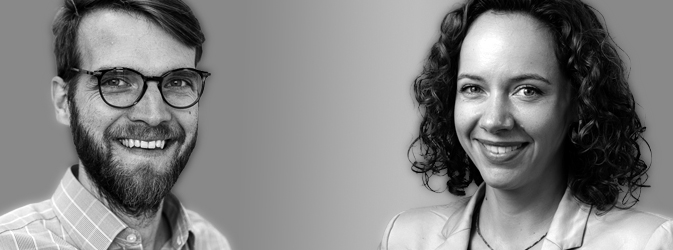A new chapter in extracellular vesicles research
As we navigate a post-pandemic world, scientific communities are adapting to new challenges and opportunities. In this context, TEV 2024 marks a fresh chapter in the field of extracellular vesicle (EV) research, emerging with a renewed focus. EVs have grown into a significant topic, reflecting a surge of interest across multiple areas of biology and medicine. A glance at PubMed highlights this trend: In 2004, only 161 articles referenced "extracellular vesicles." By 2012, after the International Society for EVs had founded in Paris, that number had increased to 807. Fast forward to 2023, and the number of articles reached a record 6,700, fueled by rising interest in EV diagnostics, infection biology, and therapeutic engineering.
Since its establishment in 2017, the German Society for EVs (GSEV) has been instrumental in fostering a strong, collaborative community in Germany. What began as a niche topic has become a vibrant area, thanks to early pioneers like Peter Altevogt and Margot Zöller, both from Heidelberg. They have left a lasting legacy, with GSEV Meeting awards now bearing their names.
In this issue of TEV, we aim to provide an overview of the current state of EV research in Germany. Notably, Marburg has recently established the first EV-focused graduate program, supported by the German Research Foundation (DFG), along with its first EV core facility. Hamburg will host the GSEV Annual Meeting in 2024, (1st to 2nd October), organized by the strong local EV biomarker community and GSEV jointly. For those attending the meeting—and for those who cannot—this issue serves as the abstract book and offers a snapshot of the ongoing research in the field.
After the isolation of the pandemic, encouraging collaboration and knowledge sharing is more important than ever.
The Heidelberg-based EV Journal Club exemplifies how online formats can bring together young researchers, particularly those working in labs where EV research is still emerging. On a local level, the EV Erlangen Club fosters regular in-person meetups to explore common interests in EV science. On a broader level, the MOVE (Mobility for Vesicle Research in Europe) program offers early-career researchers the chance to travel to other labs, acquire new skills and establish fruitful collaborations. Marie Burt offers an inspiring glimpse into the cross-border exchange with the Netherlands. Additionally, joint meetings with European EV societies and neighboring interest groups allow researchers to broaden their networks. A meeting report of the IGLD Annual Meeting in Leipzig from spring 2024 summarizes highlights from these interactions. Do not miss your opportunity to connect with our next meeting announcements.
As we look ahead, it is crucial to emphasize the need for openness and inclusivity within the scientific community. In times of uncertainty and anti-democratic forces, science has a unique ability to bring people together, foster innovation, and contribute positively to society. By focusing on these strengths, we can continue to push the boundaries of EV research and make meaningful contributions to the broader scientific landscape. TEV 2024 hopes to reflect this collaborative spirit. We look forward to seeing these developments shape the future of EV research, both in Germany and beyond.

